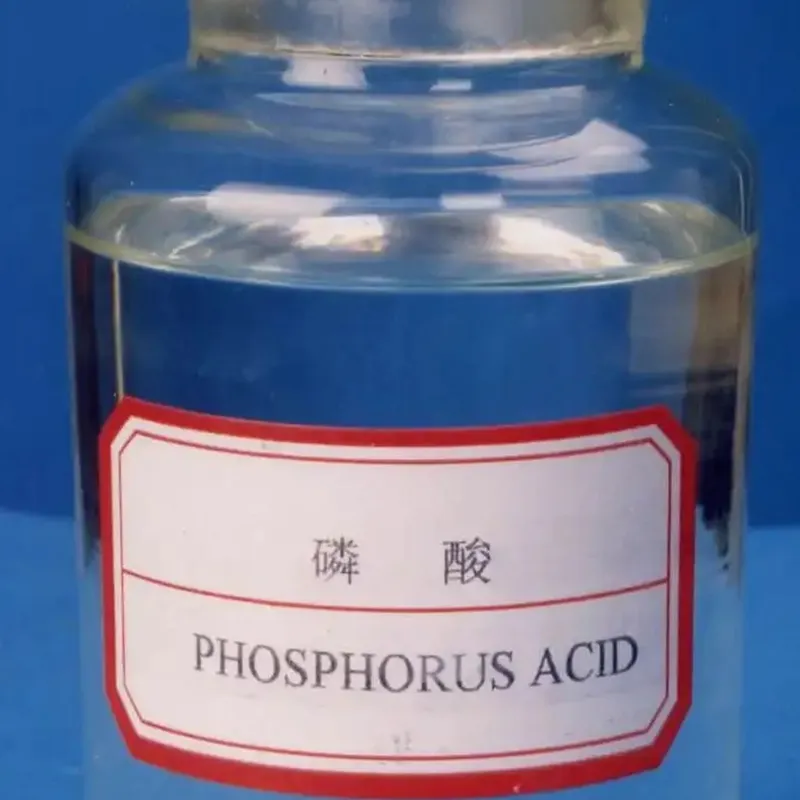
Exploring the Uses and Effects of E120 Food Additive in Culinary Applications and Health Implications
Understanding E120 The Natural Food Additive
In the world of food production and consumption, food additives play a crucial role in enhancing the quality, safety, and sensory appeal of various products. Among these, E120, commonly known as cochineal extract or carminic acid, stands out for its natural origins and vibrant color. Derived from the cochineal insect (Dactylopius coccus), which is primarily found in Central and South America, E120 has been utilized for centuries in various cultures and continues to be a popular choice in the food industry today.
What is E120?
E120 is a red pigment that is extracted from the dried bodies of female cochineal insects. To obtain this dye, the insects are collected, dried, and crushed, resulting in a bright red powder that can be dissolved in water or ethanol. E120 is classified as a natural food coloring, making it an appealing alternative to synthetic dyes, which can carry concerns over potential health risks.
The vibrant color imparted by E120 is often used in a variety of food products, including dairy items like yogurt and cheese, soft drinks, confectionery, and even meat products. Its stability and vivid hue make it an attractive choice for manufacturers looking to enhance the visual appeal of their products.
The Benefits of Using E120
One of the most significant advantages of using E120 is its natural origin. As consumers increasingly demand transparency in food production and seek out products free from artificial additives, natural colorants like E120 are gaining popularity. Many people prefer to consume food items with ingredients derived from nature rather than those containing synthetic compounds.
Furthermore, E120 is known for its stability in various pH levels and temperature ranges, making it suitable for a wide range of food formulations. Unlike some synthetic dyes that may fade or change color when exposed to heat or acidic conditions, E120 maintains its vibrant appearance, ensuring that the product remains visually appealing throughout its shelf life.
e120 food additive

On the health front, E120 is generally recognized as safe for consumption. The European Food Safety Authority (EFSA) and the U.S. Food and Drug Administration (FDA) regard E120 as safe when used within specified limits. However, it's essential to note that some individuals may have allergic reactions to cochineal extract, so manufacturers are encouraged to include clear labeling.
Controversies and Considerations
Despite its advantages, the use of E120 is not without controversy. The reliance on insects for food coloring raises ethical questions, particularly concerning the treatment and harvesting of cochineal insects. Additionally, those following strict vegetarian or vegan diets may avoid E120 due to its animal origin. As a result, the demand for plant-based alternatives is on the rise, and companies are exploring other natural colorants derived from fruits, vegetables, and other plant sources.
Consumer awareness and demand for ethical sourcing practices are increasingly shaping the food industry. As such, products containing E120 may face scrutiny from consumers who prioritize vegan, vegetarian, and cruelty-free options.
The Future of E120 in Food Production
Looking ahead, the future of E120 as a food additive appears to be promising. As awareness around natural ingredients continues to grow, E120 may see increased usage in markets that prioritize clean labeling and natural products. However, food manufacturers will also need to consider evolving consumer preferences, ethical considerations, and the potential for alternative natural colorants that align with emerging dietary trends.
In conclusion, E120 is a natural food additive that serves as a vibrant colorant, enriched with historical significance and contemporary relevance. As the food industry continues to evolve, the role of E120 will undoubtedly adapt, reflecting the complex relationship between consumer choices, ethical considerations, and the quest for high-quality, visually appealing food products.
-
Industrial Chemicals: Quality & Purity for Every IndustryNewsAug.28,2025
-
Nitrile Rubber Honoring Strict Production StandardsNewsAug.22,2025
-
Aspartame Ingredients Honoring Food Safety ValuesNewsAug.22,2025
-
Fertilizer for Balanced Plant NutritionNewsAug.22,2025
-
Cyanide Gold Processing with High Purity AdditivesNewsAug.22,2025
-
Formic Acid in Textile Dyeing ApplicationsNewsAug.22,2025
-
Aluminum Hydroxide Gel in Skincare ProductsNewsAug.22,2025
Hebei Tenger Chemical Technology Co., Ltd. focuses on the chemical industry and is committed to the export service of chemical raw materials.
-

view more DiethanolisopropanolamineIn the ever-growing field of chemical solutions, diethanolisopropanolamine (DEIPA) stands out as a versatile and important compound. Due to its unique chemical structure and properties, DEIPA is of interest to various industries including construction, personal care, and agriculture. -

view more TriisopropanolamineTriisopropanolamine (TIPA) alkanol amine substance, is a kind of alcohol amine compound with amino and alcohol hydroxyl, and because of its molecules contains both amino and hydroxyl. -

view more Tetramethyl Thiuram DisulfideTetramethyl thiuram disulfide, also known as TMTD, is a white to light-yellow powder with a distinct sulfur-like odor. It is soluble in organic solvents such as benzene, acetone, and ethyl acetate, making it highly versatile for use in different formulations. TMTD is known for its excellent vulcanization acceleration properties, which makes it a key ingredient in the production of rubber products. Additionally, it acts as an effective fungicide and bactericide, making it valuable in agricultural applications. Its high purity and stability ensure consistent performance, making it a preferred choice for manufacturers across various industries.





